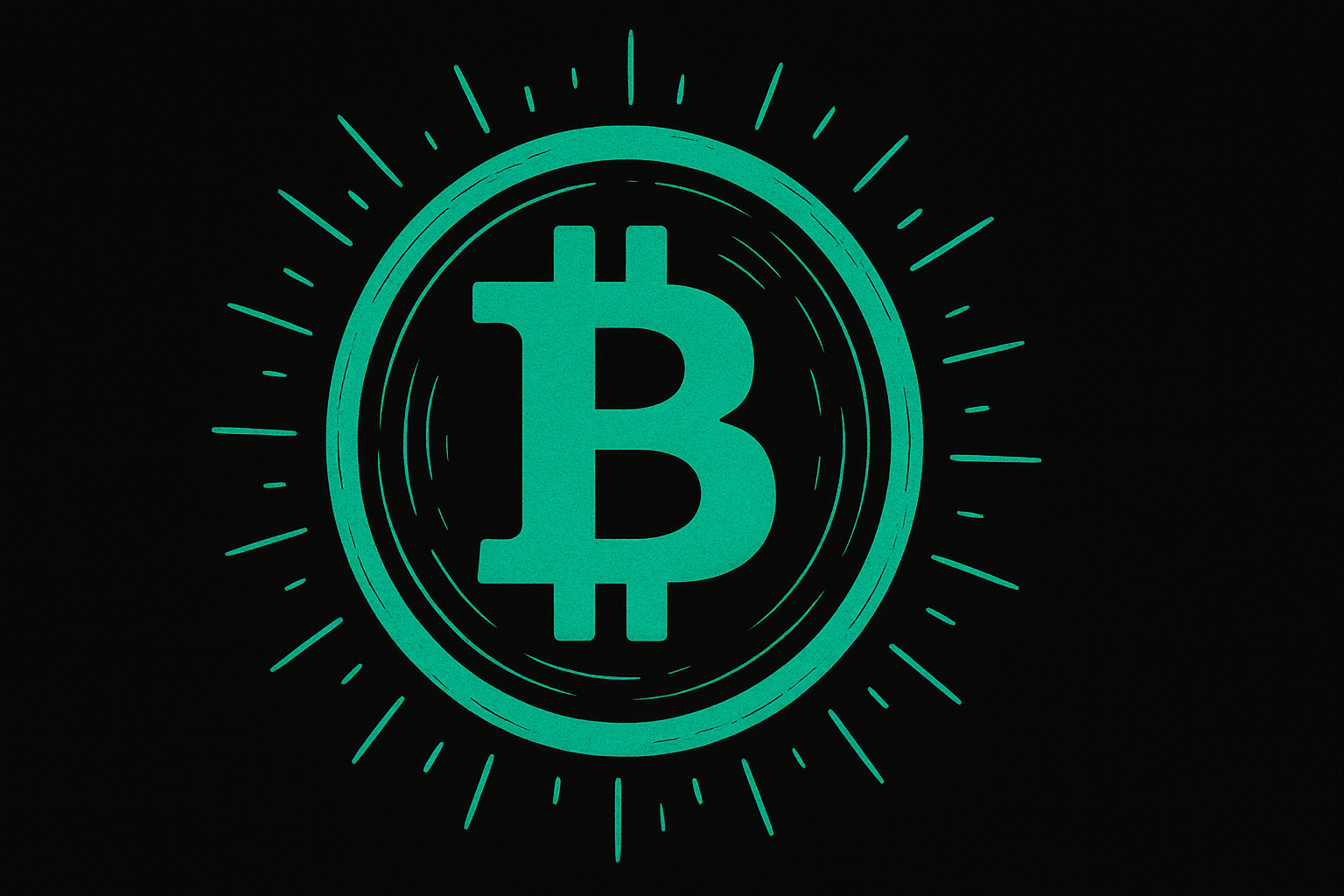ARTICLE AD BOX

- Cryptocurrency adoption is going worldwide, not just in the United States but even in the Middle East, with the Saudi Central Bank.
- The bank is said to have acquired 25,656 shares of Strategy, while the company is the BTC holder with about 568,840 BTC in its treasury.
The global financial landscape is changing fast, and Bitcoin (BTC) could be one of the biggest beneficiaries. The Saudi Central Bank, formerly known as the Saudi Arabian Monetary Authority (SAMA), has become one of the few central banks with exposure to Bitcoin. While the exposure is indirect, it signals a major shift in strategy and may tie into the country’s broader Vision 2030 plan, which aims to reduce reliance on oil and modernize its financial system.
Yesterday, the Saudi Central Bank filed a Form 13F-HR with the U.S. Securities and Exchange Commission (SEC). This quarterly filing is required for institutional investment managers who oversee at least $100 million in assets, and it discloses their equity holdings. According to the report, the Saudi Central Bank now holds 25,656 shares of MicroStrategy Inc., a company that recently rebranded as “Strategy.”
CNF previously reported that MicroStrategy is well known for its massive Bitcoin holdings. Out of 197 public companies, it remains the largest corporate holder of BTC, with 56,840 Bitcoins on its books. The next biggest holder is digital asset firm Marathon Holdings (MARA), which holds around 49,237 BTC.
Back in 2017, the Saudi Central Bank (SAMA), working alongside the Capital Market Authority, issued a firm warning against dealing in cryptocurrencies like Bitcoin. The Saudi government, then, made it clear that virtual currencies were not welcome in the kingdom.
Their major concerns were centered on the potential for fraud, ambiguous regulation, extreme price volatility, and the possibility of crypto being exploited in illicit activities. Fast forward to today, and while Saudi Arabia has been cautious about their stance on crypto, particularly among financial institutions, it is slowly shifting.
Cryptocurrency Adoption Goes Global
In the US, banks have progressively felt confident in their adoption of Bitcoin. This change gained momentum after a regulatory action: on January 23, the U.S. Securities and Exchange Commission (SEC) withdrew Staff Accounting Bulletin 121 (SAB 121). Previously, this bulletin required banks to record crypto assets received in custody as liabilities on their records, an approach that discouraged many institutions from entering the space.
Simultaneously, in Europe, the Czech National Bank is eyeing Bitcoin. Governor Aleš Michl has toyed with the idea of investing a maximum of 5% of the country‘s €140 billion reserves in Bitcoin. Though the concept is still being debated, it reflects growing interest in diversifying national reserves using digital assets.
Meanwhile, in Switzerland, AMINA is leading the charge in crypto-friendly banking. It offers customers the best of both worlds, with access to traditional fiat accounts alongside wallets for more than 15 different cryptocurrencies, including Ethereum (ETH), Cardano (ADA), Polkadot (DOT), and Tezos. According to our market data, BTC has seen a 1.88% increase in the last 24 hours and a marginal gain of 0.86% in the past week, to be priced at $103,636.
.png)
 10 hours ago
1
10 hours ago
1








 English (US)
English (US)